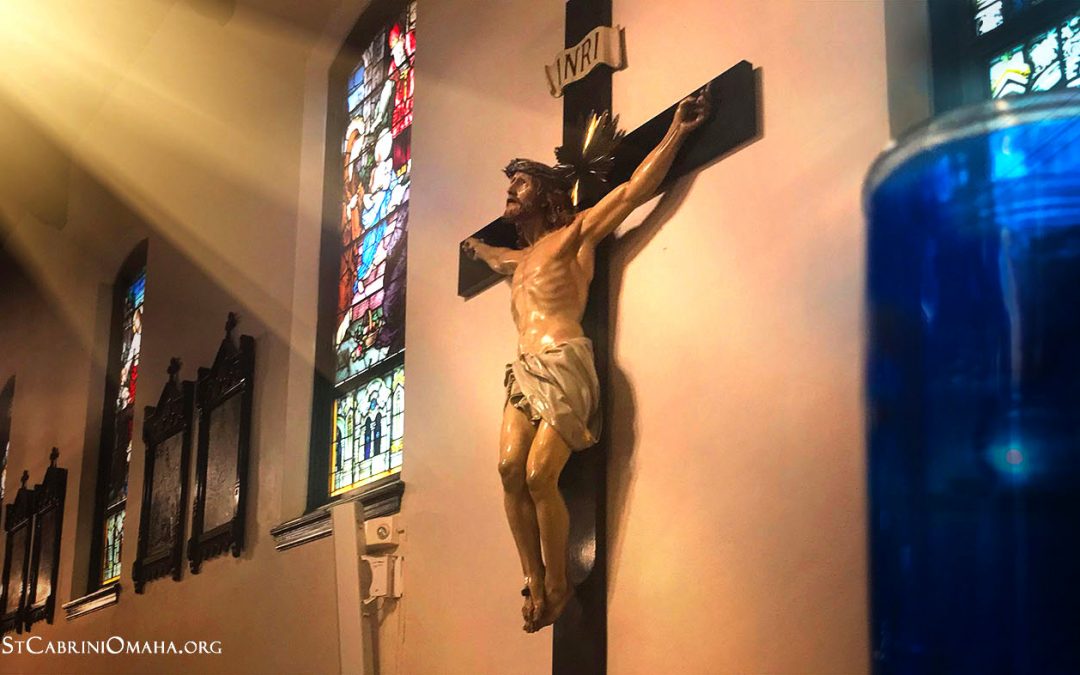Dear Friends,
One of the challenges of the last several months has been the shift from a busy, crowded, and noisy world to one of separation, quiet and rest. For many of us, that shift was a foreign experience. We have learned to fear the thought of isolation. The abhorrence of being out of touch haunts us. The fear of being left out underlies many of the contemporary agonies of the soul.
I am enjoying reading How to Disappear, a book of essays written by Akiko Busch. She says, ”Silence and invisibility are part of our everyday lives—the place our mind wanders when we’re in the shower or out jogging, the feeling we get looking out the window of an airplane, the pleasure of becoming a stranger on a bustling city street. We take these pauses, these moments of exhalation, for granted, but we should clutch them close. They are our armor against the onslaught.” This seems particularly important at a moment when we’re conditioned to think that power means yelling louder than everyone else in our social media posts.
After critiquing much of what is happening in the social media world, she says, “When identity is derived from projecting an image in the public realm, something is lost, some core of identity is diluted, some sense of authority or interiority sacrificed…it is time to reevaluate the merits of the inconspicuous life, to search out some antidote to continuous exposure.”
Perhaps during this COVID time you have learned to appreciate the separateness, the invisibility. Separateness, the willingness to live inside ourselves rather than to live off the thoughts, words, chaos and clamor around us, heightens our awareness of being alive. We can suddenly hear what we have not been able to hear for years – our own thoughts, our personal concerns, our own ideas – and the voice of God. Once all the distractions have been eliminated, we have the opportunity to discover ourselves. There is no one else there to edit our thoughts, no one to tell us how to think and feel.
This is what it is like to go to a monastery for a silent retreat. In the emptiness, we can hear the voice of God. This separation, Sr. Chittister says, “removes us from the turmoil that blocks out both the unfinished business of the past and our own quiet but undeveloped hopes for the future. It is life in the present, whole and entirely our own. It enables us, finally, to ask and receive an answer to the question we fear more than any other: who would I be if I ever became myself?”
It is my speculation that it is this separation – for good or ill – that has caused the protests this past week to be bigger than normal and to have higher levels of emotion. Our walls are down, our hurts are more real, the feelings of others are penetrating our soul, our desire for justice is greater, and there is space to act. What people might have learned in the time of aloneness, however, did not emerge as a new tool for communication with others. In returning to the fray, many simply returned to the shouting and found themselves extra sensitive and were wounded by it. Just look at all the social media posts this past week. Everyone shouting, hoping somebody would hear.
People are slowly returning to old ways and old habits. We are not as separate now as we were. But maybe we can carry some of what we learned into a new way of being. Solitude acquaints us with ourselves, with what we think and feel. It gives us time to ask ourselves whether we should think or feel this way at all. It enables us to hear the music of our soul. Solitude is where the soul can rest in the presence of the divine. That is worth keeping.
Peace,
Fr. Damian



